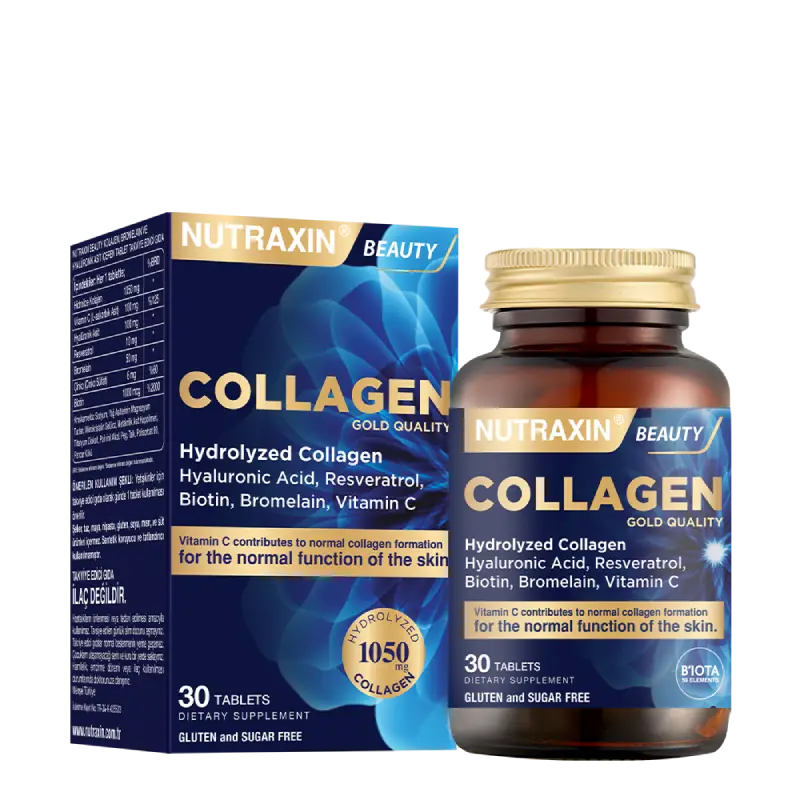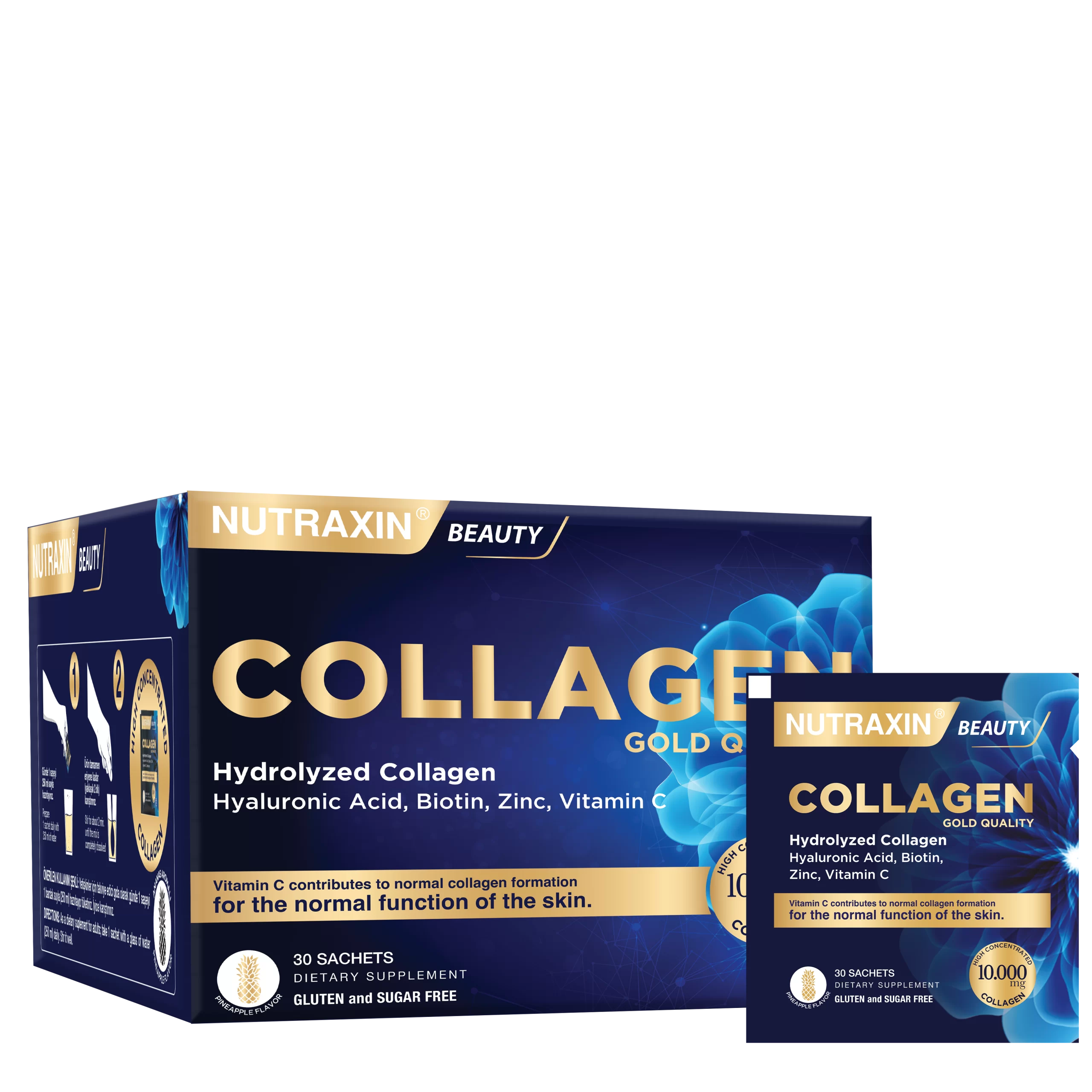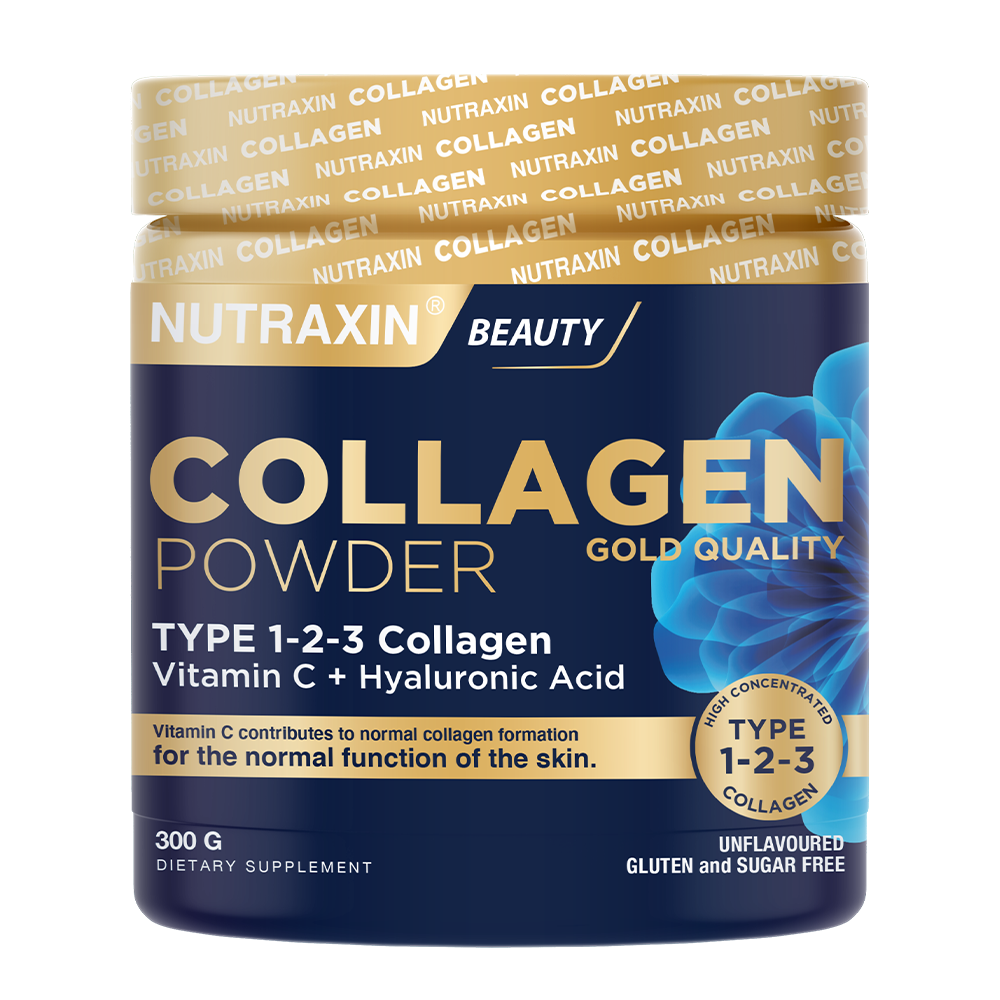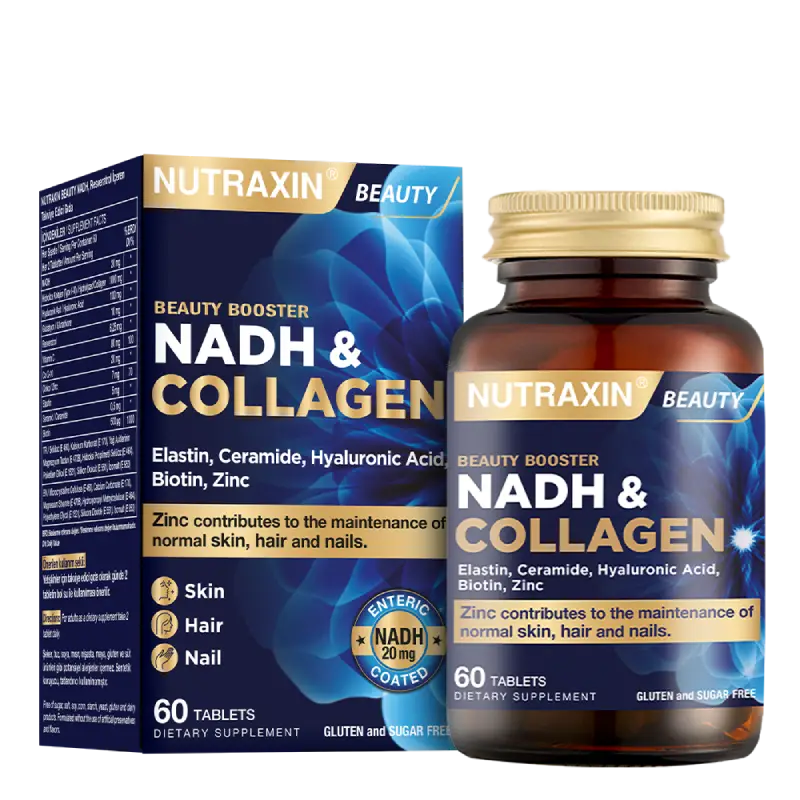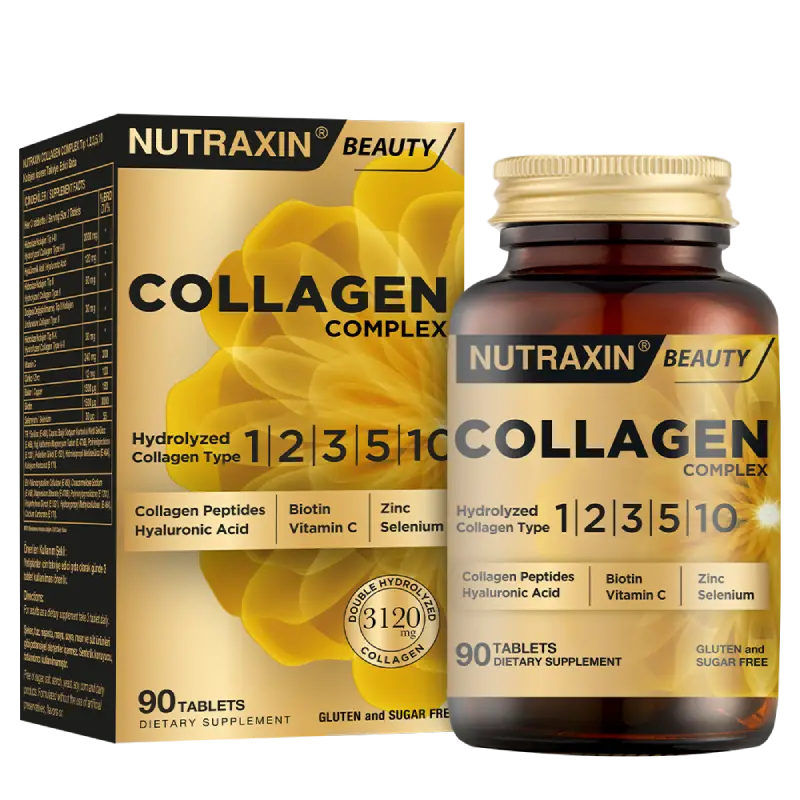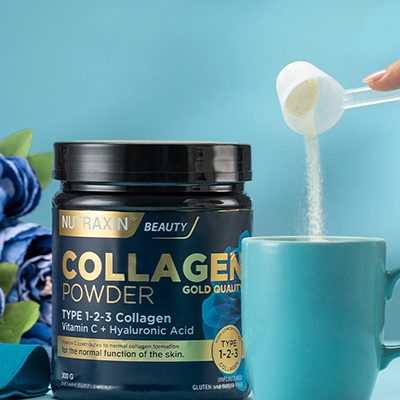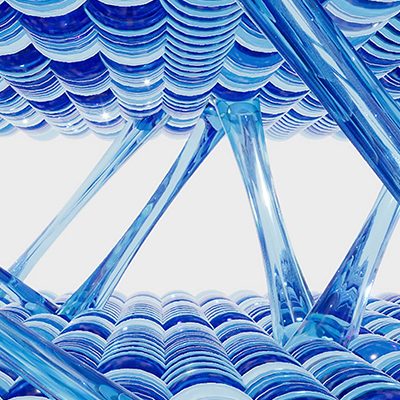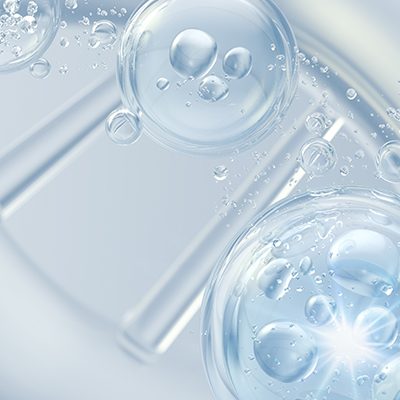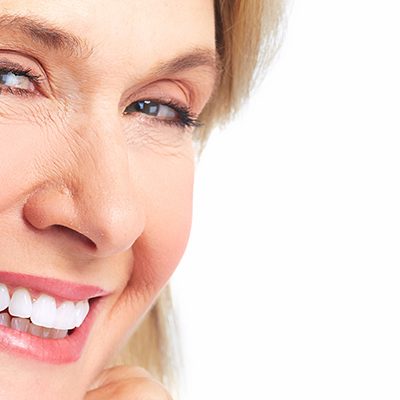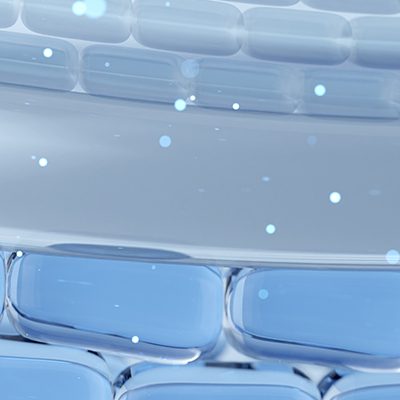Beauty Booster NADH and Collagen Supplement
Vitamin C contributes to normal collagen formation for the normal function of skin.
Vitamin C contributes to normal energy-yielding metabolism.
Necessary for healthy teeth, bones, hair, skin and nails.
Serving Size 2 Tablets
| Hydrolysed Collagen Type I-III | 1000 mg | |
| Hyaluronic Acid | 100 mg | |
| Vitamin C | 80 mg | |
| NADH | 20 mg | |
| CoQ-10 | 20 mg | |
| Glutathione | 10 mg | |
| Zinc | 7 mg | |
| Resveratrol | 6,25mg | |
| Elastin | 5 mg | |
| Ceramide | 0,5 mg | |
| Biotin | 500 µg |
Microcrystalline Cellulose (E 460), Calcium Carbonate (E 170), Magnesium Stearate (E 470B), Hydroxypropyl Methylcellulose (E 464), Polyethylene Glycol (E 1521), Silicone Dioxide (E 551), Isomalt (E 953).
- Supplement Facts
-
Serving Size 2 Tablets
Hydrolysed Collagen Type I-III 1000 mg Hyaluronic Acid 100 mg Vitamin C 80 mg NADH 20 mg CoQ-10 20 mg Glutathione 10 mg Zinc 7 mg Resveratrol 6,25mg Elastin 5 mg Ceramide 0,5 mg Biotin 500 µg - Other Ingredients
-
Microcrystalline Cellulose (E 460), Calcium Carbonate (E 170), Magnesium Stearate (E 470B), Hydroxypropyl Methylcellulose (E 464), Polyethylene Glycol (E 1521), Silicone Dioxide (E 551), Isomalt (E 953).
Information
Does not contain potential allergens such as sugar, starch, salt, yeast, gluten, soy, corn and dairy products. No synthetic preservatives or sweeteners were used.
Usage
Dietary supplement for adults, recommended to take 2 tablets a day with plenty of water.
Is collagen good for skin?
Collagen helps maintain skin elasticity and hydration, effectively reducing the appearance of wrinkles and fine lines. It also supports the skin’s structural integrity, promoting regeneration and enhancing overall texture for a healthier, more youthful complexion.
What does NADH stand for?
NADH stands for Nicotinamide Adenine Dinucleotide (NAD), with “H” indicating the addition of hydrogen. This crucial coenzyme is found in all living cells and plays a key role in cellular metabolism and energy production by facilitating electron transfer for ATP (adenosine triphosphate) generation.
What does NADH do?
NADH is vital for cellular energy production. It acts as an electron carrier during cellular respiration, converting nutrients into energy in the form of ATP. Additionally, NADH enhances antioxidant defences by regenerating other antioxidants, which protect cells from oxidative damage. Overall, NADH plays a crucial role in maintaining energy levels and promoting cellular health.
